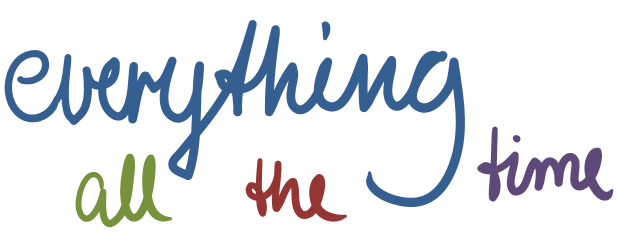
Going through my e-mail this morning I stumbled upon a notice about Itunes U. Judging from the amount of material there, I guess it must have been around for a while, but I believe it is new in the Norwegian version of Itunes. This addition to the store offers a great variety of educational podcasts and short films. FOR FREE! There is a large number of topics to choose from and after briefly browsing through it I am pretty sure this may just be a goldmine for me when searching for material on history, social science and literature. A lot of the lectures and other material here is from universities, which means some of it will prove too advanced for my students. However, I did find a number of useful items as well. For example, I found a lecture by Barbara Welke, "US History: 1865 to the present." The lecture only takes a tiny half hour, which seems short for such a huge topic. At the same time, I think it can give students a fairly good introduction to American history. You will also find a lot of material on American politics and there are podcasts of speeches held by Martin Luther King, Barack Obama and Jesse Jackson, among others. Explore and enjoy!







